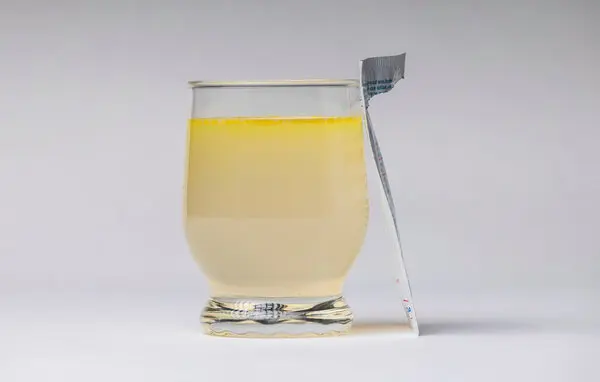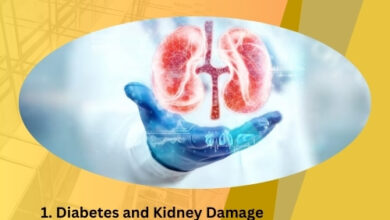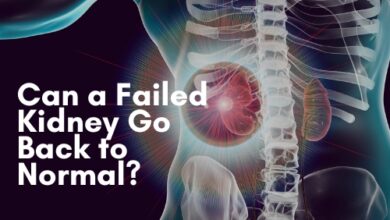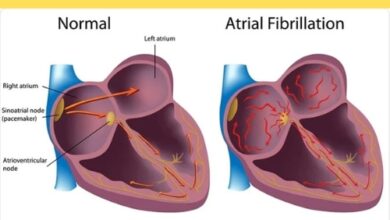In Extreme Heat, Do You Need More Electrolytes?
We asked experts when you need to replenish these essential minerals, and how best to do so.

Sweating is how your body cools down in hot weather. However, electrolytes like salt, calcium, and potassium that are essential to maintaining your body’s proper function are also lost during the process, in addition to water.
Refuelling with sports drinks, hydration powders, and tablets is the promise. But are they the best source, and when do you really need them? “People always tell me to just drink Gatorade,” says NewYork-Presbyterian sports medicine specialist Dr. Elan Goldwaser. “But in actuality, it goes far beyond that.”
Why do I need electrolytes?
As Dr. Goldwaser put it, “the body is like a large and complex electrical circuit.” According to him, electrolytes—which also include magnesium, chloride, phosphorus, and bicarbonate—carry an electrical charge that permits our muscles, neurons, and cells to interact with one another and perform as intended.
According to Dr. Goldwaser, electrolytes play a number of functions, including controlling the amount of water in and out of cells and blood vessels, sustaining a regular heartbeat, and ensuring that muscles contract and relax as needed.
However, electrolytes need to be kept in balance in order to function. Dr. Vishnu Potluri, an assistant professor of medicine at the Hospital of the University of Pennsylvania, stated that for the majority of people, sticking to a healthy diet and sipping water when thirsty is sufficient. However, excess or insufficient electrolytes “can both be problematic,” according to him.
What happens if I lose too many electrolytes?
According to specialists, if you’re perspiring a lot and aren’t drinking enough water, you could become dehydrated and upset your electrolyte balance.
For example, low blood sodium levels can cause hypotension, according to Dr. David Goldfarb, clinical director of NYU Langone Health’s division of nephrology. This may result in headaches, exhaustion, and lightheadedness or dizziness when you stand up. It may also occasionally cause nausea and vomiting.
According to Dr. Goldwaser, electrolyte imbalances can also result in additional problems including dry mouth and numbness in your fingers and toes. People also have palpitations in their hearts, and in extreme circumstances, electrolyte imbalances can result in comas, seizures, or even death.
According to Dr. Potluri, the kidneys are also impacted by excessive electrolyte loss. Normal kidney function involves the production of urine, which the kidneys use to filter waste from the bloodstream. However, Dr. Potluri noted that in hot weather, your body produces less urine to save water, which increases the chance of minerals crystallising and forming kidney stones. You may also become dehydrated and lose electrolytes.
The medical director of Mount Sinai Beth Israel’s emergency department, Dr. Erick Eiting, stressed the significance of being aware of any signs that might point to an electrolyte imbalance. “Perhaps it’s a sign that we should really go inside to cool off in an air-conditioned space if we’re experiencing any of these after spending time outside.”
But according to Dr. Potluri, it is possible to overcompensate by consuming an excessive amount of water too soon. He clarified that doing so dilutes the electrolytes already present in your bloodstream, which may result in sensations that are comparable.
How can I prevent an electrolyte imbalance?
Experts advised against becoming overheated or dehydrated as this is the simplest method of preventing an electrolyte imbalance during a heat wave. Choosing air-conditioned spaces can be beneficial, as can taking cold showers and drinking plenty of water.
On the other hand, other demographics are more susceptible to imbalances: these include small children, the elderly, and those with long-term medical illnesses like diabetes, kidney disease, and heart disease.
Reaching for a sports drink like Gatorade with electrolytes in a pinch isn’t a bad idea if you feel that you’re short on electrolytes, possibly because you’ve been sweating a lot or experiencing symptoms, according to Dr. Goldfarb.
Alternatives include beverages like Pedialyte, which has a higher salt content and less sugar than Gatorade, according to Dr. Goldfarb. Moreover, hydration goos, powders, and pills can be beneficial supplements. The majority of these products contain sodium, which is the most important electrolyte to refill if you’ve perspired significantly, according to Dr. Goldfarb.
Dr. Goldfarb suggested combining sugar, salt, and water to quickly, efficiently, and affordably produce an electrolyte drink at home.
He added that the ordinary individual probably doesn’t need electrolyte mixes or sports drinks to refuel because their next meal will probably be plenty. But he said that anyone who works outside, exercises, sweats a lot, or spends time without air conditioning would find it helpful. “Drinking water during a heat wave is not going to be enough” in those circumstances.
To replace the minerals you’re losing, you can also eat. Experts stated that salty foods like pickles, cheese, almonds, potato chips, and pretzels are good sources of sodium, as are salty soups like miso or chicken. As Dr. Goldwasser pointed out, bananas are a great source of potassium. He mentioned that potassium was also present in milk, mushrooms, and avocados, and that avocados also contained sodium and magnesium.
“Vegetables, fruits, nuts, and salad,” Dr. Goldwasser uttered. “These serve as a general guideline for refuelling your electrolytes.”
It was corrected on July 17, 2024.
The surname of Dr. Elan Goldwaser was spelt incorrectly in an earlier version of this article. Instead of Goldwasser, it is Goldwaser. Additionally, it mischaracterized hyponatremia—a condition in which the blood contains too little sodium—as electrolyte loss. Regardless of the total amount of sodium in the body, hyponatremia is the result of excessive water diluting the sodium in the blood.




